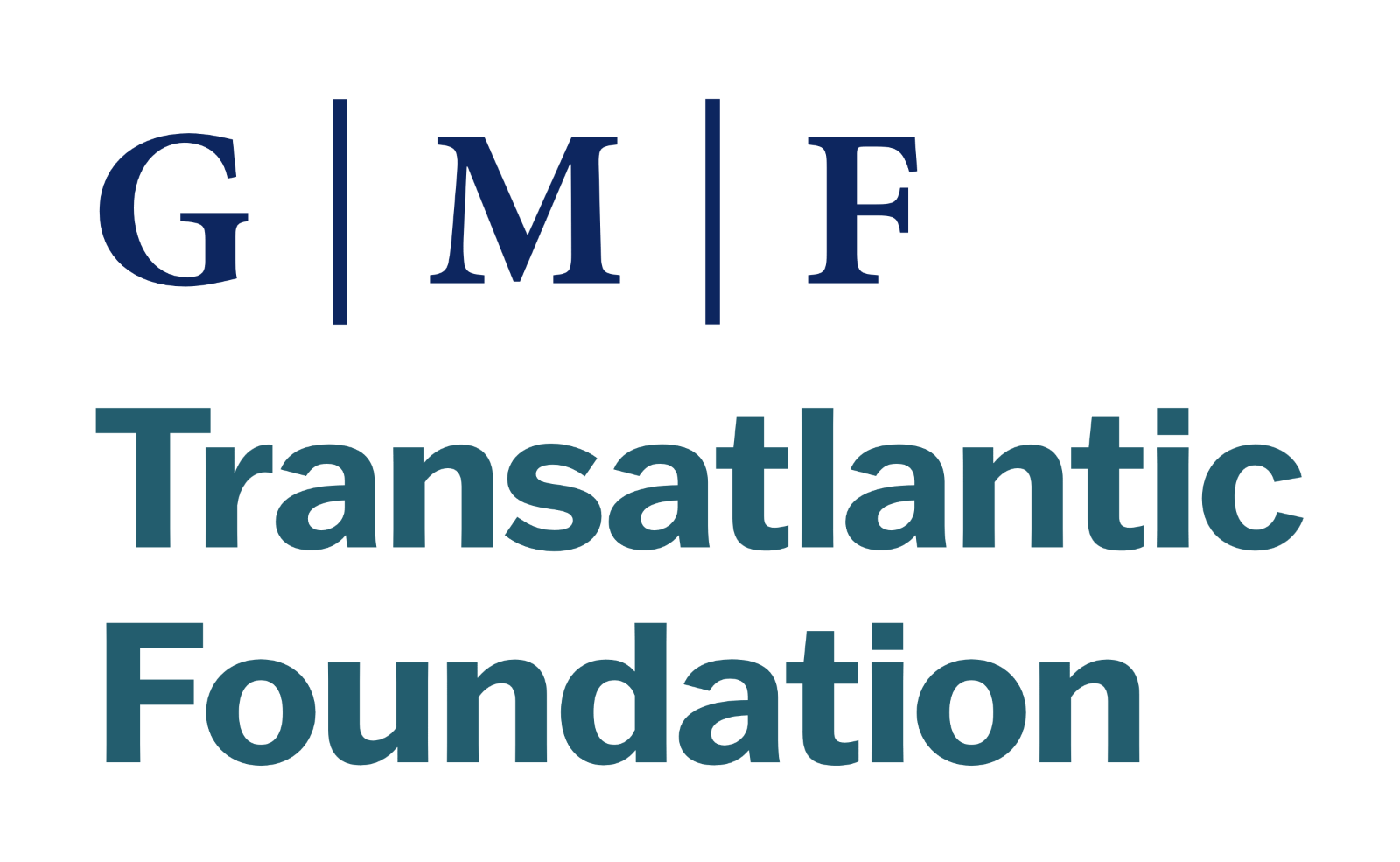Europe on Edge? Building Strategic Communication on the EU in Poland
Authors: Wojciech Przybylski, Anna Kuczyńska
In 2024, as Poland marked the 20th anniversary of joining the EU, the conversation about its role and significance in the lives of the country’s citizens appeared to have faded. What does the EU represent for Poles today? There seems to be a noticeable lack of discourse regarding the EU in Poland. Prior to the 2003 accession referendum, the public debate around whether or not the country should become a member explored the bloc’s different advantages and disadvantages. It also was the occasion for a broader reflection on the extent to which Polish society identified with Europe.
The Europe on Edge project was carried out by the Res Publica Foundation in 2023–2024 to encourage a renewed debate on the EU and democracy in Poland. It aimed to create engaging local exchange platforms and consisted of meetings with local leaders in four cities with polarized political identities (Elblag, Przemyśl, Radom, and Sosnowiec), an accompanying podcast, and a report: Europe on Edge? Building Strategic Communication on the European Union in Poland.
The report emphasizes the need to frame European issues within local contexts, making the EU relevant to people’s everyday life rather than focusing on abstract values. It highlights the risks of social fragmentation and from disinformation campaigns (especially from Russia), and it suggests strengthening local networks to foster a united and informed public. Additionally, the report recommends involving trusted local leaders (such as business owners, teachers, journalists, and cultural figures) in EU-related discussions. Finally, it calls for sustained funding and institutional support to establish stable networks of local EU advocates.
Res Publica Foundation is a nonpartisan organization with nearly 40 years of experience in promoting democracy and regional dialogue in Central and Eastern Europe through its flagship publications Res Publica Nowa and Visegrad Insight, along with research and scenario-based reports. The Europe on Edge project, supported by the Engaging Central Europe program of the Transatlantic Foundation in 2023–2024, was implemented under the PROTEUS program and co-funded by the European Union.
The views and opinions expressed are solely those of the author(s) and do not necessarily reflect those of the Transatlantic Foundation (TF) or the European Union (EU). Neither the EU nor TF can be held responsible for them.

